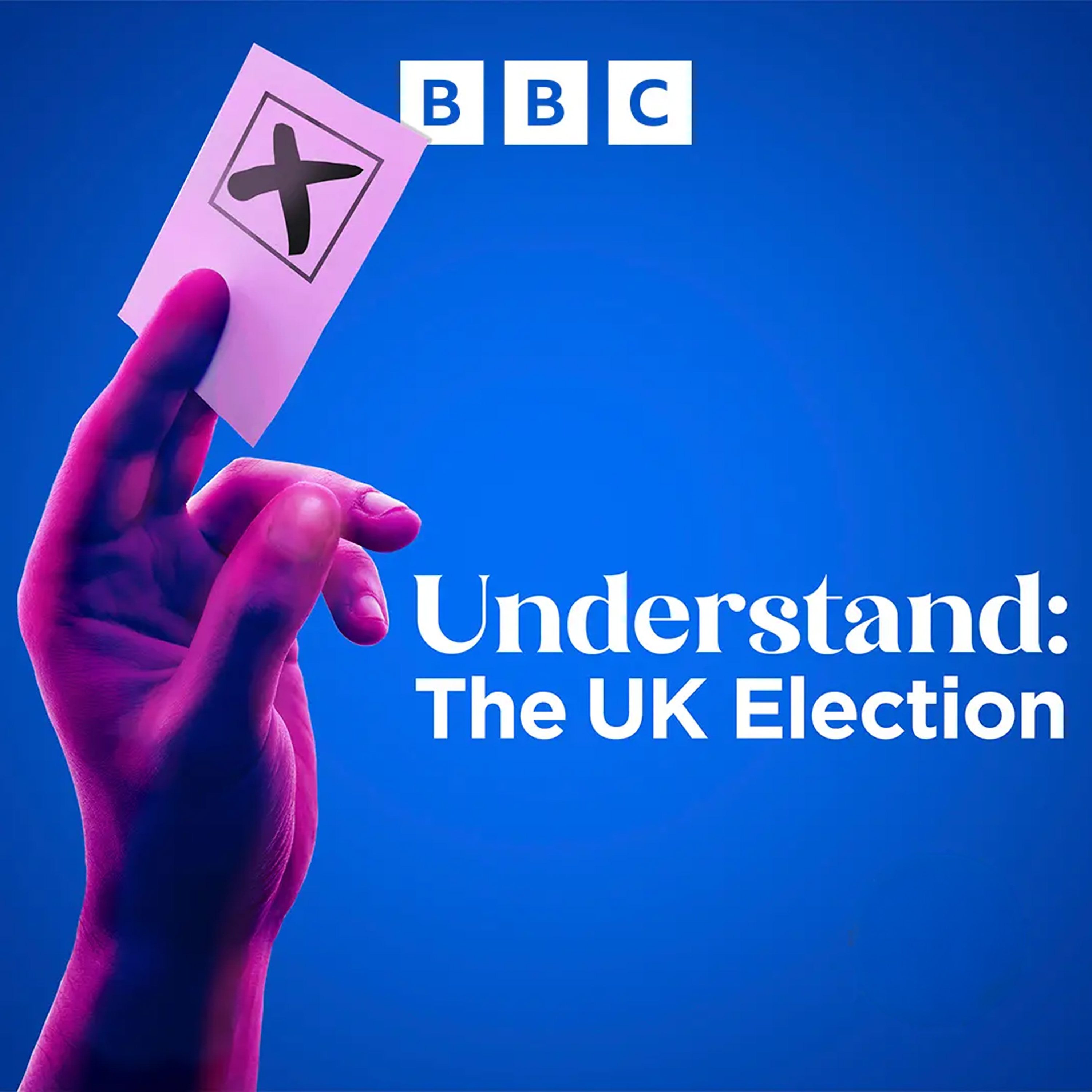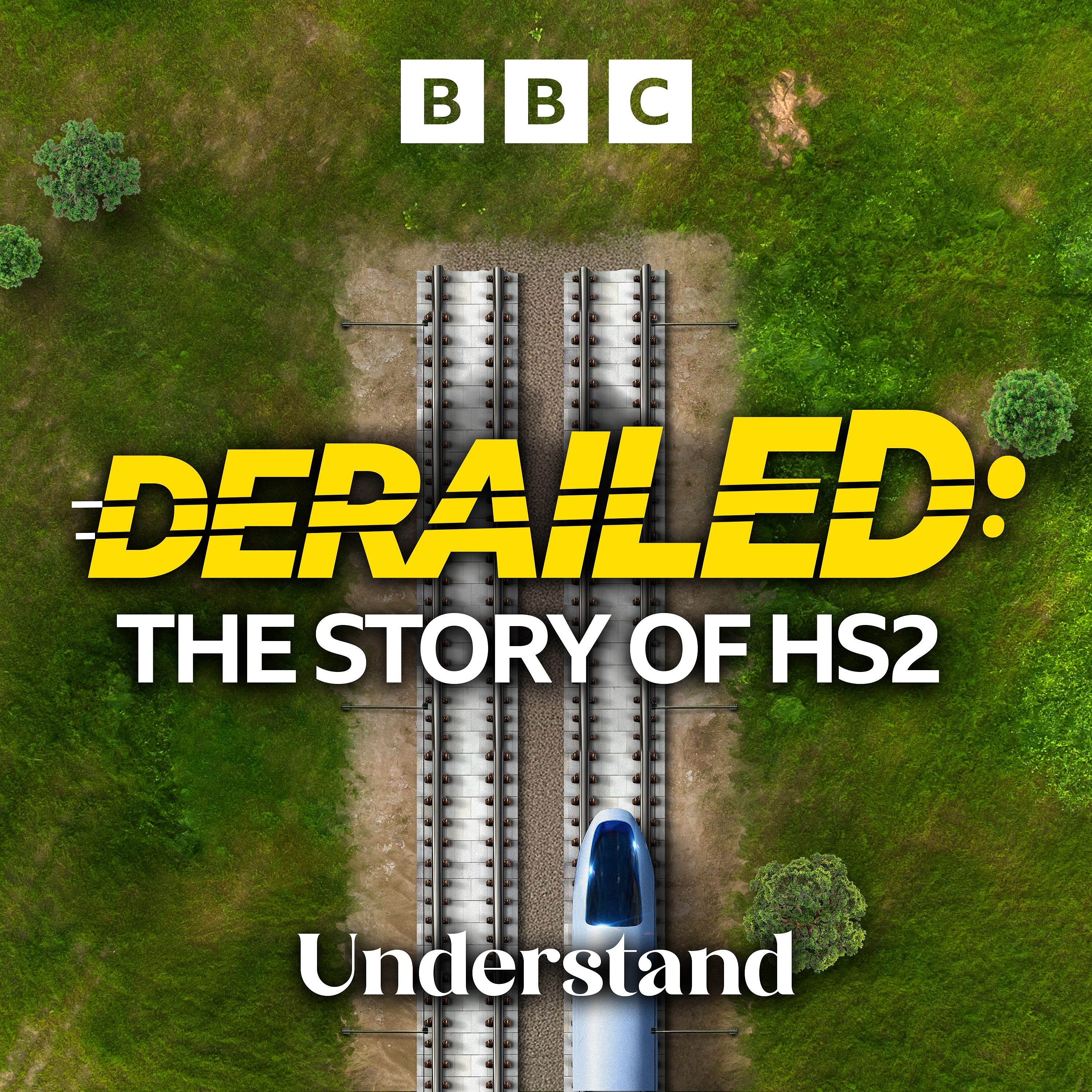The UK Election: 10. What Happens on Election Day?
Understand the UK Election is a simple 10-part guide to everything that is going on in the election, hosted by Adam Fleming.
In this episode, it's all about what happens at the end of the campaign and what everything has been building up to – election day! All you need to know from what happens when the polls open to when we can expect the first results, and how a government is formed.
Hosted by Adam Fleming, from Newscast and AntiSocial with BBC News presenter Reeta Chakrabarti one of the team hosting election night coverage on BBC 1, and Henry Zeffman the BBC’s Chief Political Correspondent who will be on BBC 5 Live and Radio 4 overnight. Also featuring a special message from Peter Snow - the man who was in control of the BBC’s Swingometer for decades.
Producers: Alix Pickles and Alex Lewis
Production Manager: Janet Staples
Editor: Sam Bonham
Press play and read along
Transcript
Transcript is processing—check back soon.

